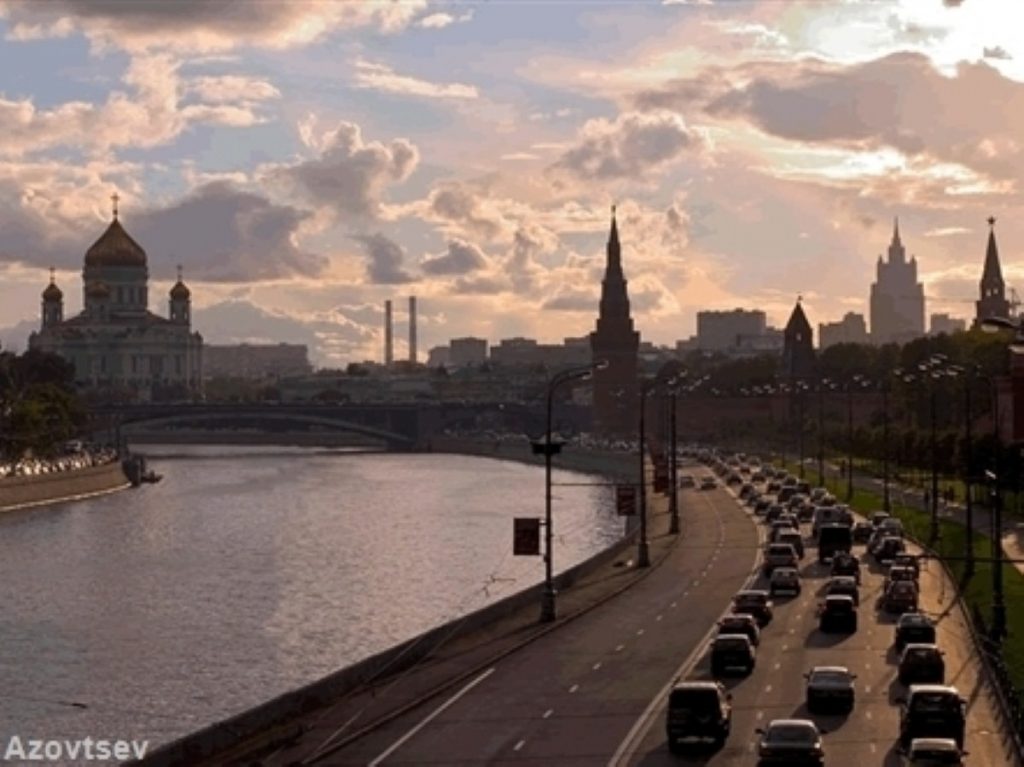Charm offensive Russians to offer Litvinenko trial
Moscow is prepared to offer a trial on Russian soil for the man Britain suspects of killing former KGB officer Alexander Litvinenko, politics.co.uk understands.
Andrei Lugovoi has escaped extradition from Russia to Britain over the November 2006 of Mr Litvinenko, whose death from polonium-210 poisoning triggered a public health spare and sent UK-Russian relations into a nosedive.
Diplomatic ties never recovered, despite strong commercial links. Now Russia is preparing a charm offensive for William Hague as the foreign secretary makes the first visit to Moscow by a member of the coalition government.


Privately Russian officials believe their British counterparts will not be able to provide conclusive proof that Mr Lugovoi, another former KGB operative, was responsible for Mr Litvinenko’s death.
They hope that making the offer could improve relations, however. Russian diplomats are delighted by improved relations with the United States after Joe Biden proposed pressing the “reset” button.
Moscow believes it has achieved this goal with the EU and wants to complete its diplomatic trinity with Britain, its largest foreign investor.
Progress may be elusive. The Foreign Office is unlikely to accept the proposal for a trial in Russia on the grounds that the British government does not respect the independence of the Russian judicial system, however.
The British government has not yet received a formal offer for a trial, a senior Foreign Office official told politics.co.uk earlier. Its request for Mr Lugovoi’s extradition “remains on the table”.
Efforts to woo Britain’s new foreign secretary will also include an offer to lift restrictions on the number of British Council offices in Russia imposed in the wake of the Litvinenko affair.
At its peak the cultural exchange organisation had nearly 20 offices across Russia. Now it has just one, in Moscow.
While Russia will not permit a return to such numbers it is prepared to consider the re-opening of around ten offices, a diplomatic source told politics.co.uk.
The Foreign Office is likely to offer a sceptical response. It remains suspicious that the Russians will want reciprocal steps in return and, in any case, does not believe the British Council has the resources to return to its former levels.
Mr Hague and Russian foreign minister Sergei Lavrov will seek to push areas of disagreement to one side as they meet for lunch and talks.
Britain will attempt to encourage greater Russian efforts against Afghan narco-trafficking, while Russia will want to highlight recent steps it has taken to help the international community frustrate Iran’s nuclear ambitions.
Talks will also tough on the Middle East peace process, counter-proliferation more generally and Russia’s attitude to its ‘near-abroad’, especially Georgia.
Former tensions over the latter will not be allowed to overshadow a renewed focus on boosting British private sector investment in the Russian economy, however.
President Dmitri Medvedev’s drive to modernise Russia’s economy will make him keen to encourage Mr Hague in their 30-minute scheduled meeting.
The Foreign Office wants to deepen integration as Russia moves from a resource-based economy to a ‘knowledge’ economy.
It admits it has a “difficult relationship” with Russia – especially in the area of intelligence-sharing, where Britain is keen for greater cooperation in the face of Russian reluctance to strengthen ties.
Both sides appear keen to isolate areas of disagreement in a bid to improve economic links, however.
Russian sources are hoping to see signs of personal chemistry between Mr Hague and Mr Lavrov. The Foreign Office is seeking to “generate options” and improve “dialogue”.









